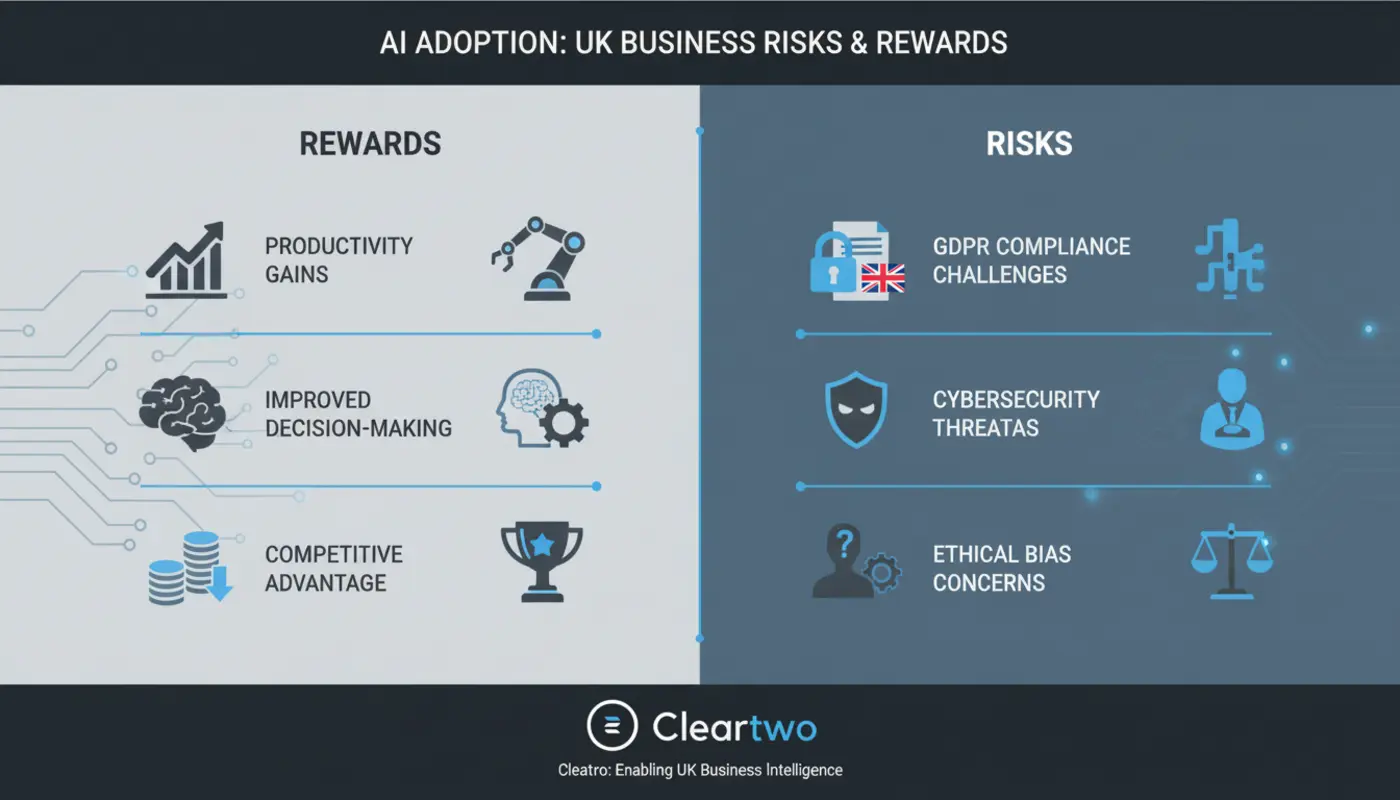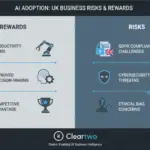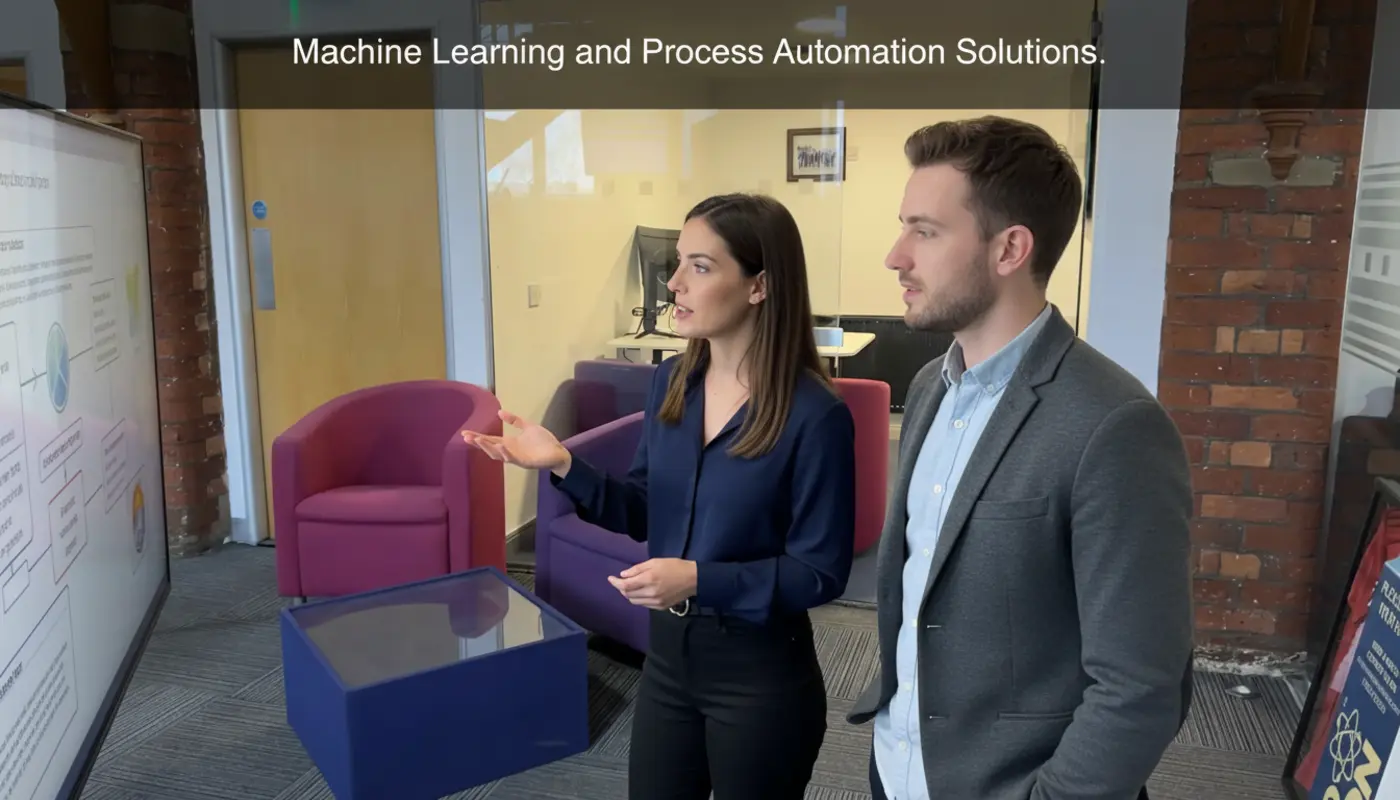What is ChatGPT?
ChatGPT is a large language model developed by Open AI, based on the GPT (Generative Pre-trained Transformer) architecture. It is a machine learning-based system that uses deep neural networks to generate human-like responses to textual prompts, such as questions or statements. ChatGPT can understand natural language inputs and can generate appropriate responses based on the context and content of the input. The model has been trained on a massive corpus of textual data and has a broad range of knowledge across different topics. ChatGPT has numerous potential applications, including in customer service, language translation, and content creation, among others.
How is ChatGPT Changing the Digital World?
ChatGPT, as a large language model, is changing the digital world in several ways. Here are a few key examples:
Improved Natural Language Processing
Significantly improving the natural language processing (NLP) capabilities of digital systems. With its advanced algorithms and massive data training, ChatGPT can understand and generate human-like responses to textual prompts, making interactions with digital systems more natural and intuitive.
Enhanced Customer Service
ChatGPT is being increasingly used in customer service, allowing businesses to provide quick and efficient responses to customer queries and concerns. ChatGPT can handle a wide range of customer inquiries and can provide personalised responses, improving customer satisfaction and retention.
Streamlined Content Creation
It can help streamline content creation by automating tasks such as writing, summarising, and generating headlines. This can save content creators time and effort and help ensure that content is optimised for SEO and other digital marketing strategies.
Improved Language Translation
ChatGPT’s language capabilities extend to translation, enabling more accurate and nuanced translations of text. This can be particularly useful in international business contexts, where accurate communication across languages is essential.
Advancements in AI Research
Driving advancements in the field of AI research, particularly in areas such as natural language processing, deep learning, and neural networks. This is helping to push the boundaries of what is possible with AI and is leading to new breakthroughs and applications.
The Benefits of Using ChatGPT for Businesses
Introducing ChatGPT to a business can bring about several benefits, particularly for those that rely on customer engagement, content creation, and customer service. Here are the key benefits in separate paragraphs:
Enhanced Customer Engagement:
By implementing ChatGPT, businesses gain an additional channel to engage with customers. It allows for personalized conversations, fostering stronger customer relationships and building brand loyalty. This enhanced engagement can lead to increased customer satisfaction and a deeper connection with the brand.
Improved Customer Service:
ChatGPT significantly improves customer service by providing quick and accurate responses to customer inquiries. It has the capability to handle a large volume of inquiries, freeing up human staff to focus on more complex tasks. With ChatGPT’s assistance, businesses can deliver efficient and responsive customer support, resulting in improved customer satisfaction and loyalty.
Streamlined Content Creation:
The automation capabilities of ChatGPT prove invaluable for content creation. It can automate tasks such as writing, summarizing, and generating headlines, saving content creators a significant amount of time. Moreover, ChatGPT can help ensure that content is optimized for search engine optimization (SEO) and other digital marketing strategies, enhancing the overall quality and effectiveness of content production.
Time and Cost Savings:
Implementing ChatGPT allows businesses to automate tasks that would typically require human intervention, such as handling customer inquiries. This real-time response capability reduces the need for human customer service representatives, resulting in time and cost savings for the business. The automation of repetitive tasks translates to improved operational efficiency and resource allocation.
Improved Productivity:
With ChatGPT taking care of routine and repetitive tasks, businesses can maximize employee productivity. By automating these tasks, employees can allocate their time and efforts to more strategic and high-value activities, such as strategy development or product innovation. This increased productivity leads to overall business growth and improved operational effectiveness.
Competitive Advantage:
By utilizing ChatGPT, businesses can offer a more personalized and efficient customer experience compared to their competitors. The ability to provide real-time responses and tailored interactions gives them a competitive edge. This advantage attracts more customers, enhances customer satisfaction, and contributes to business growth in a highly competitive market.
By leveraging the capabilities of ChatGPT, businesses can optimize customer engagement, improve customer service, streamline content creation, save time and costs, boost productivity, and gain a competitive advantage in their respective industries.
The Challenges of Using ChatGPT
While ChatGPT can bring numerous benefits to businesses, it is important to consider the challenges that come with its implementation:
Accuracy and Reliability:
ChatGPT’s reliance on machine learning algorithms introduces the potential for mistakes and inaccurate responses. This can be particularly problematic for businesses relying on ChatGPT for customer service, as incorrect answers can harm the company’s reputation and customer loyalty.
Training and Maintenance:
To ensure the production of accurate and reliable responses, ChatGPT requires regular training and maintenance. This process can be time-consuming and may necessitate technical expertise that some businesses do not possess in-house.
Data Privacy and Security:
ChatGPT relies on large amounts of data for training its algorithms, raising concerns regarding data privacy and security. Businesses must ensure that they collect and store customer data in compliance with relevant regulations and implement appropriate security measures to safeguard the data.
Integration and Customization:
Integrating ChatGPT into existing business systems and workflows can pose challenges, particularly for businesses with complex or legacy systems. Customizing ChatGPT to meet specific business requirements may also demand technical expertise and additional resources.
Ethical Considerations:
As ChatGPT advances in capabilities, ethical considerations become increasingly relevant. Businesses must be aware of the potential misuse of ChatGPT, such as the creation of deepfake content or manipulation of public opinion. It is crucial to exercise caution and responsibility to prevent adverse consequences for society and businesses alike.
By carefully addressing these challenges, businesses can navigate the implementation and utilization of ChatGPT effectively, leveraging its benefits while mitigating any associated risks..
The Future of AI and ChatGPT
Looking ahead, the future of AI and ChatGPT holds exciting potential for various advancements. As AI technology continues to improve, ChatGPT is likely to become even more personalized and tailored to individual users, offering customized content recommendations, accurate responses, and even personalized product or service offerings. Additionally, integration with other technologies such as voice assistants, virtual reality, and augmented reality is expected, enabling users to have more immersive and interactive experiences with AI-powered assistants.
Furthermore, ChatGPT is likely to expand its application beyond the technology and marketing industries, venturing into sectors like healthcare and finance. This expansion could provide personalized medical advice or investment recommendations, showcasing its versatility across different domains. However, ethical considerations and data privacy remain crucial. As AI technology advances, there will be a greater focus on improving ethics, accountability, and security, with efforts to develop transparent AI systems and prioritize data privacy.
Advancements in natural language processing will play a vital role in ChatGPT’s evolution, enabling it to better understand and respond to complex language and context. These advancements will enhance its effectiveness and usefulness in addressing user inquiries.
AI is changing the digital world in many ways, and ChatGPT is just one example of this. As AI technology continues to evolve, we can expect to see even more changes in the digital world, and ChatGPT is likely to play a major role in these changes.



































